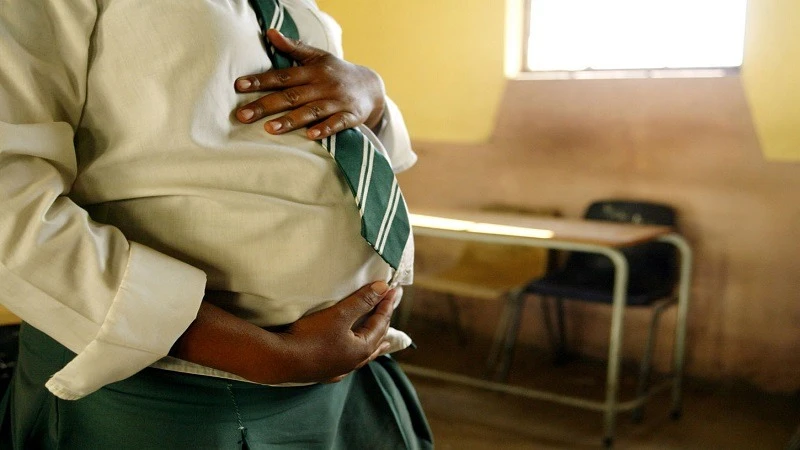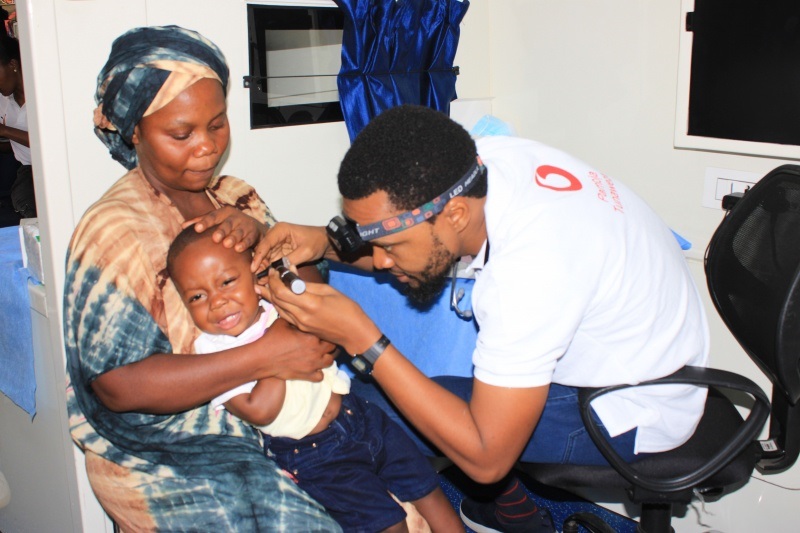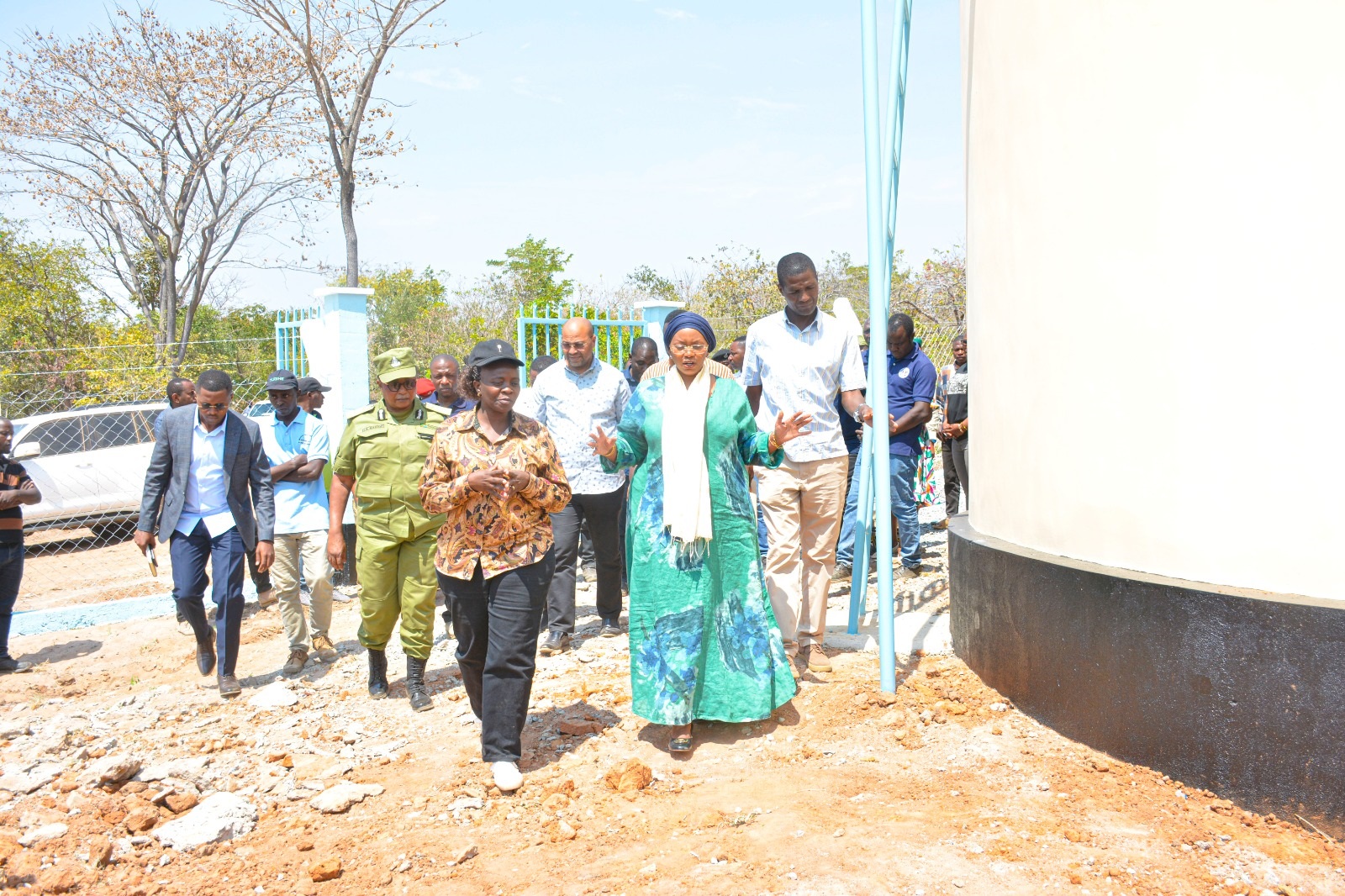Tanzania boosts newborn health through improved breastfeeding

TANZANIA has made significant progress in breastfeeding practices, with the rate of exclusive breastfeeding among infants rising from 58 percent in 2018 to 64 percent in 2022. Similarly, the proportion of newborns breastfed within the first hour of birth increased from 58 percent to 70 percent over the same period.
These encouraging statistics were shared yesterday in Dar es Salaam by Dr Seif Shekalaghe, Permanent Secretary at the Ministry of Health, during the launch of World Breastfeeding Week and the official unveiling of the new National Guideline for the Prevention and Treatment of Wasting and Nutritional Oedema.
Speaking on his behalf, Prof. Tumaini Nagu, Deputy Permanent Secretary in the President’s Office – Regional Administration and Local Government (Health), described the achievements as commendable but cautioned that more needs to be done.
“Despite progress in promoting and protecting breastfeeding, the country has yet to achieve satisfactory levels,” Prof. Tumaini said. “Exclusive breastfeeding among children aged one to two years is on the decline. Only 35 percent of children aged 20 to 24 months are still being breastfed. Instead, they are introduced to foods that fail to meet their nutritional needs.”
He warned that poor breastfeeding practices contribute significantly to malnutrition, particularly wasting, which continues to affect the health and development of children under five worldwide.
Citing 2022 data from the World Health Organization (WHO), Prof. Tumaini noted that 6.8 percent of children under five globally—about 45 million—suffer from wasting, with 2.1 percent experiencing severe forms of the condition.
However, he pointed out that Tanzania has made notable progress in this area. According to the 2022 Tanzania Demographic and Health Survey – Malaria Indicator Survey (TDHS-MIS), the prevalence of wasting among children under five has dropped to 3 percent, which is within the WHO's acceptable threshold of below 5 percent.
“Based on the 2022 National Population and Housing Census, this 3 percent represents approximately 620,000 children,” he explained. “Tanzania continues to implement deliberate measures to address wasting.”
One such measure is the ongoing application of the Integrated Management of Acute Malnutrition (IMAM) 2018 guideline, which is regularly updated to reflect the latest research, scientific evidence, and field experience.
Zachary Imeje, Country Director for Action Against Hunger Tanzania—the Ministry's partner in launching the new guideline—emphasized the initiative’s potential to shift public attitudes toward breastfeeding.
“Some mothers still fail to fully breastfeed their children, with serious consequences,” he said. “We believe that the launch of this 2025 National Guideline to prevent and eliminate severe malnutrition will drive positive change.”
He added that the guideline reaffirms Tanzania’s commitment to reaching vulnerable children with timely, quality care while continuing efforts to educate mothers on the importance of breastfeeding.
Top Headlines
© 2025 IPPMEDIA.COM. ALL RIGHTS RESERVED






















